Dementia money targeted by scammers
입력 2025.08.18 (00:26)
읽어주기 기능은 크롬기반의
브라우저에서만 사용하실 수 있습니다.
[Anchor]
The pain of forgetting a loved one is dementia.
When dementia sets in and cognitive abilities decline, one no longer knows that their home and money belong to them.
Money that cannot be used, known as 'dementia money', is becoming the source of various disputes these days.
Is there anything more unfair than having money saved over a lifetime only to benefit others?
Reporter Lee Kyu-myung has investigated the reality and measures regarding this issue.
[Report]
Oh Bok-kyung, the director of a senior protection agency, is searching for the past traces of Mr. Jeong, an elderly man who lost all his assets after developing dementia.
[Former neighbor: "He must have fallen for her because she cooked well. So, he gave her the house."]
[Former colleague: "He reportedly paid back 60 million won in cash, a debt. It seems like he was scammed."]
He was stripped of most of his house and financial assets by those around him.
Mr. Jeong, who had no family to care for him, could not receive government assistance either.
[Oh Bok-kyung/Director of South Chungcheong Southern Senior Protection Agency: "He was not a recipient, so he did not qualify for the public guardianship program."]
After learning about his difficult situation, Director Oh was appointed as a legal guardian and is helping him, including taking him to a nursing home.
In South Korea, the adult guardianship system was introduced in 2013 to protect the assets of adults with cognitive impairments, such as dementia.
However, it is nearly impossible for elderly individuals living alone to utilize the system after developing dementia.
[Bae Kwang-ryeol/Public Interest Lawyer of the On-yul Association: "Since the welfare system in our country is fundamentally based on assets, it is safe to say that elderly individuals from the middle class and above are all in a blind spot. When dementia strikes, there is no one else but themselves, and they cannot manage their own assets or take care of their own bodies."]
There is a voluntary guardianship system that allows individuals to designate a guardian in advance while they are healthy, but only about a hundred cases have been initiated so far.
This is due to the complicated procedures and costs involved.
[Bae Kwang-ryeol/Public Interest Lawyer of the On-yul Association: "(For voluntary guardianship contracts) you have to pay for notarization. You have to pay to file with the court. Then, you have to appoint a supervisor and pay them as well. Who would do this?"]
Japan, which entered a super-aged society 20 years earlier than us.
Each local government has established adult guardianship centers to ensure that anyone can easily receive counseling and legal support in preparation for dementia.
Subsidies are also provided to actively promote voluntary guardianship.
[Kosanami Kanao/Director of Tokyo Shinagawa Adult Guardianship Center: "For the elderly, the issue of contract costs when appointing a voluntary guardian is a significant challenge. To lower the entry barrier, Shinagawa Ward has prepared subsidies."]
As a result, the number of voluntary guardianship contracts has increased by over 70% in the past ten years.
[Arai Makoto/Chairman of the Japan Adult Guardianship Law Association: "Until now, the utilization rate of voluntary guardianship in Japan has been very low. However, there has been some movement recently. It is not just the wealthy who are using it, but ordinary citizens."]
By 2050, the domestic 'dementia money' is expected to reach 500 trillion won.
However, with the courts taking over adult guardianship duties, the reality is that there are no counseling centers even in nearby communities.
This is KBS News, Lee Kyung-myung.
The pain of forgetting a loved one is dementia.
When dementia sets in and cognitive abilities decline, one no longer knows that their home and money belong to them.
Money that cannot be used, known as 'dementia money', is becoming the source of various disputes these days.
Is there anything more unfair than having money saved over a lifetime only to benefit others?
Reporter Lee Kyu-myung has investigated the reality and measures regarding this issue.
[Report]
Oh Bok-kyung, the director of a senior protection agency, is searching for the past traces of Mr. Jeong, an elderly man who lost all his assets after developing dementia.
[Former neighbor: "He must have fallen for her because she cooked well. So, he gave her the house."]
[Former colleague: "He reportedly paid back 60 million won in cash, a debt. It seems like he was scammed."]
He was stripped of most of his house and financial assets by those around him.
Mr. Jeong, who had no family to care for him, could not receive government assistance either.
[Oh Bok-kyung/Director of South Chungcheong Southern Senior Protection Agency: "He was not a recipient, so he did not qualify for the public guardianship program."]
After learning about his difficult situation, Director Oh was appointed as a legal guardian and is helping him, including taking him to a nursing home.
In South Korea, the adult guardianship system was introduced in 2013 to protect the assets of adults with cognitive impairments, such as dementia.
However, it is nearly impossible for elderly individuals living alone to utilize the system after developing dementia.
[Bae Kwang-ryeol/Public Interest Lawyer of the On-yul Association: "Since the welfare system in our country is fundamentally based on assets, it is safe to say that elderly individuals from the middle class and above are all in a blind spot. When dementia strikes, there is no one else but themselves, and they cannot manage their own assets or take care of their own bodies."]
There is a voluntary guardianship system that allows individuals to designate a guardian in advance while they are healthy, but only about a hundred cases have been initiated so far.
This is due to the complicated procedures and costs involved.
[Bae Kwang-ryeol/Public Interest Lawyer of the On-yul Association: "(For voluntary guardianship contracts) you have to pay for notarization. You have to pay to file with the court. Then, you have to appoint a supervisor and pay them as well. Who would do this?"]
Japan, which entered a super-aged society 20 years earlier than us.
Each local government has established adult guardianship centers to ensure that anyone can easily receive counseling and legal support in preparation for dementia.
Subsidies are also provided to actively promote voluntary guardianship.
[Kosanami Kanao/Director of Tokyo Shinagawa Adult Guardianship Center: "For the elderly, the issue of contract costs when appointing a voluntary guardian is a significant challenge. To lower the entry barrier, Shinagawa Ward has prepared subsidies."]
As a result, the number of voluntary guardianship contracts has increased by over 70% in the past ten years.
[Arai Makoto/Chairman of the Japan Adult Guardianship Law Association: "Until now, the utilization rate of voluntary guardianship in Japan has been very low. However, there has been some movement recently. It is not just the wealthy who are using it, but ordinary citizens."]
By 2050, the domestic 'dementia money' is expected to reach 500 trillion won.
However, with the courts taking over adult guardianship duties, the reality is that there are no counseling centers even in nearby communities.
This is KBS News, Lee Kyung-myung.
■ 제보하기
▷ 카카오톡 : 'KBS제보' 검색, 채널 추가
▷ 전화 : 02-781-1234, 4444
▷ 이메일 : kbs1234@kbs.co.kr
▷ 유튜브, 네이버, 카카오에서도 KBS뉴스를 구독해주세요!
- Dementia money targeted by scammers
-
- 입력 2025-08-18 00:26:46
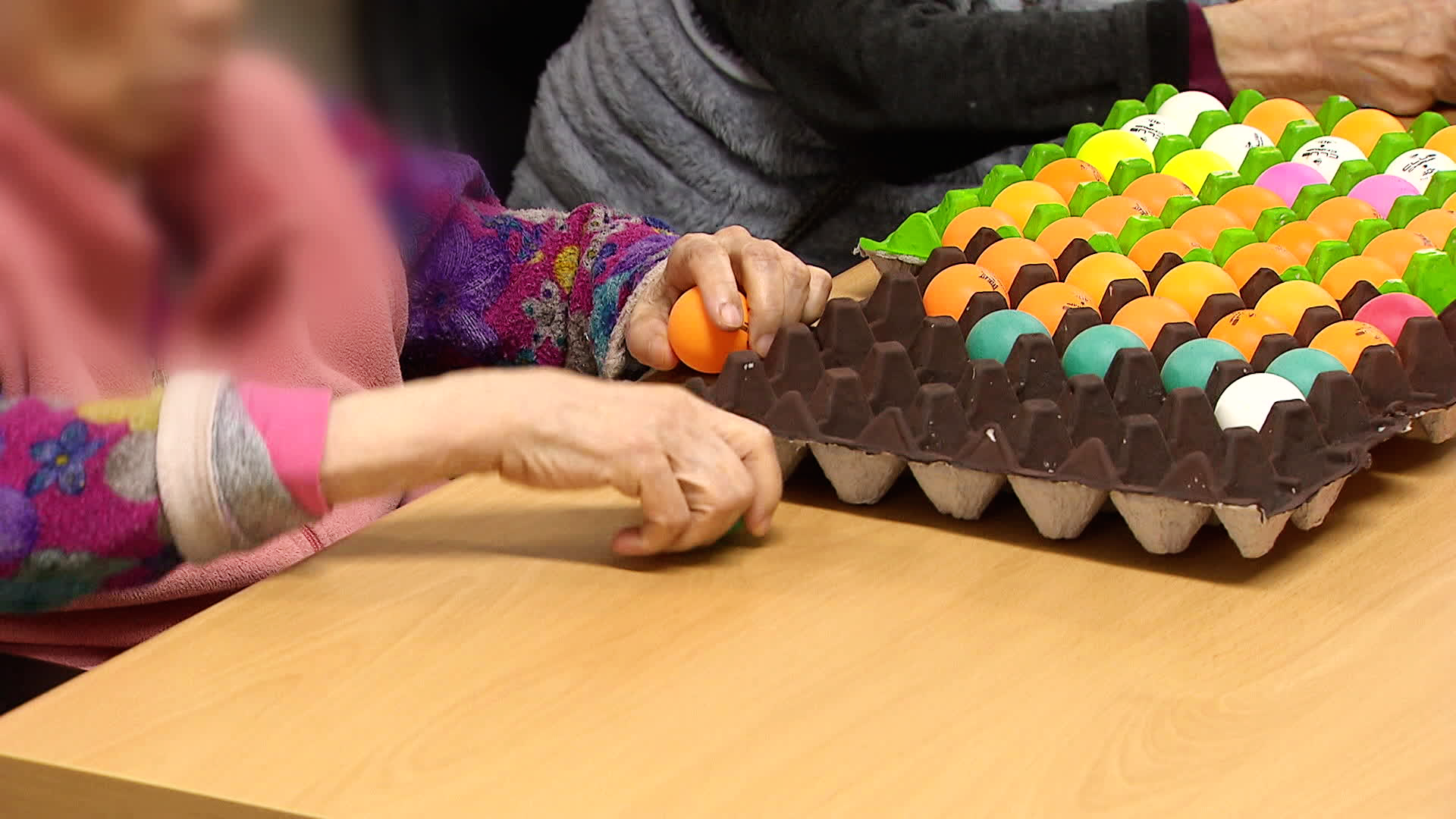
[Anchor]
The pain of forgetting a loved one is dementia.
When dementia sets in and cognitive abilities decline, one no longer knows that their home and money belong to them.
Money that cannot be used, known as 'dementia money', is becoming the source of various disputes these days.
Is there anything more unfair than having money saved over a lifetime only to benefit others?
Reporter Lee Kyu-myung has investigated the reality and measures regarding this issue.
[Report]
Oh Bok-kyung, the director of a senior protection agency, is searching for the past traces of Mr. Jeong, an elderly man who lost all his assets after developing dementia.
[Former neighbor: "He must have fallen for her because she cooked well. So, he gave her the house."]
[Former colleague: "He reportedly paid back 60 million won in cash, a debt. It seems like he was scammed."]
He was stripped of most of his house and financial assets by those around him.
Mr. Jeong, who had no family to care for him, could not receive government assistance either.
[Oh Bok-kyung/Director of South Chungcheong Southern Senior Protection Agency: "He was not a recipient, so he did not qualify for the public guardianship program."]
After learning about his difficult situation, Director Oh was appointed as a legal guardian and is helping him, including taking him to a nursing home.
In South Korea, the adult guardianship system was introduced in 2013 to protect the assets of adults with cognitive impairments, such as dementia.
However, it is nearly impossible for elderly individuals living alone to utilize the system after developing dementia.
[Bae Kwang-ryeol/Public Interest Lawyer of the On-yul Association: "Since the welfare system in our country is fundamentally based on assets, it is safe to say that elderly individuals from the middle class and above are all in a blind spot. When dementia strikes, there is no one else but themselves, and they cannot manage their own assets or take care of their own bodies."]
There is a voluntary guardianship system that allows individuals to designate a guardian in advance while they are healthy, but only about a hundred cases have been initiated so far.
This is due to the complicated procedures and costs involved.
[Bae Kwang-ryeol/Public Interest Lawyer of the On-yul Association: "(For voluntary guardianship contracts) you have to pay for notarization. You have to pay to file with the court. Then, you have to appoint a supervisor and pay them as well. Who would do this?"]
Japan, which entered a super-aged society 20 years earlier than us.
Each local government has established adult guardianship centers to ensure that anyone can easily receive counseling and legal support in preparation for dementia.
Subsidies are also provided to actively promote voluntary guardianship.
[Kosanami Kanao/Director of Tokyo Shinagawa Adult Guardianship Center: "For the elderly, the issue of contract costs when appointing a voluntary guardian is a significant challenge. To lower the entry barrier, Shinagawa Ward has prepared subsidies."]
As a result, the number of voluntary guardianship contracts has increased by over 70% in the past ten years.
[Arai Makoto/Chairman of the Japan Adult Guardianship Law Association: "Until now, the utilization rate of voluntary guardianship in Japan has been very low. However, there has been some movement recently. It is not just the wealthy who are using it, but ordinary citizens."]
By 2050, the domestic 'dementia money' is expected to reach 500 trillion won.
However, with the courts taking over adult guardianship duties, the reality is that there are no counseling centers even in nearby communities.
This is KBS News, Lee Kyung-myung.
The pain of forgetting a loved one is dementia.
When dementia sets in and cognitive abilities decline, one no longer knows that their home and money belong to them.
Money that cannot be used, known as 'dementia money', is becoming the source of various disputes these days.
Is there anything more unfair than having money saved over a lifetime only to benefit others?
Reporter Lee Kyu-myung has investigated the reality and measures regarding this issue.
[Report]
Oh Bok-kyung, the director of a senior protection agency, is searching for the past traces of Mr. Jeong, an elderly man who lost all his assets after developing dementia.
[Former neighbor: "He must have fallen for her because she cooked well. So, he gave her the house."]
[Former colleague: "He reportedly paid back 60 million won in cash, a debt. It seems like he was scammed."]
He was stripped of most of his house and financial assets by those around him.
Mr. Jeong, who had no family to care for him, could not receive government assistance either.
[Oh Bok-kyung/Director of South Chungcheong Southern Senior Protection Agency: "He was not a recipient, so he did not qualify for the public guardianship program."]
After learning about his difficult situation, Director Oh was appointed as a legal guardian and is helping him, including taking him to a nursing home.
In South Korea, the adult guardianship system was introduced in 2013 to protect the assets of adults with cognitive impairments, such as dementia.
However, it is nearly impossible for elderly individuals living alone to utilize the system after developing dementia.
[Bae Kwang-ryeol/Public Interest Lawyer of the On-yul Association: "Since the welfare system in our country is fundamentally based on assets, it is safe to say that elderly individuals from the middle class and above are all in a blind spot. When dementia strikes, there is no one else but themselves, and they cannot manage their own assets or take care of their own bodies."]
There is a voluntary guardianship system that allows individuals to designate a guardian in advance while they are healthy, but only about a hundred cases have been initiated so far.
This is due to the complicated procedures and costs involved.
[Bae Kwang-ryeol/Public Interest Lawyer of the On-yul Association: "(For voluntary guardianship contracts) you have to pay for notarization. You have to pay to file with the court. Then, you have to appoint a supervisor and pay them as well. Who would do this?"]
Japan, which entered a super-aged society 20 years earlier than us.
Each local government has established adult guardianship centers to ensure that anyone can easily receive counseling and legal support in preparation for dementia.
Subsidies are also provided to actively promote voluntary guardianship.
[Kosanami Kanao/Director of Tokyo Shinagawa Adult Guardianship Center: "For the elderly, the issue of contract costs when appointing a voluntary guardian is a significant challenge. To lower the entry barrier, Shinagawa Ward has prepared subsidies."]
As a result, the number of voluntary guardianship contracts has increased by over 70% in the past ten years.
[Arai Makoto/Chairman of the Japan Adult Guardianship Law Association: "Until now, the utilization rate of voluntary guardianship in Japan has been very low. However, there has been some movement recently. It is not just the wealthy who are using it, but ordinary citizens."]
By 2050, the domestic 'dementia money' is expected to reach 500 trillion won.
However, with the courts taking over adult guardianship duties, the reality is that there are no counseling centers even in nearby communities.
This is KBS News, Lee Kyung-myung.
이 기사가 좋으셨다면
-
좋아요
0
-
응원해요
0
-
후속 원해요
0










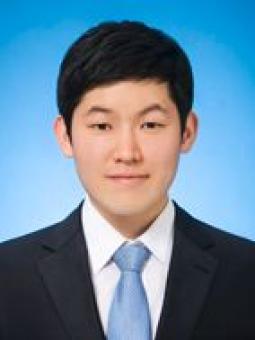

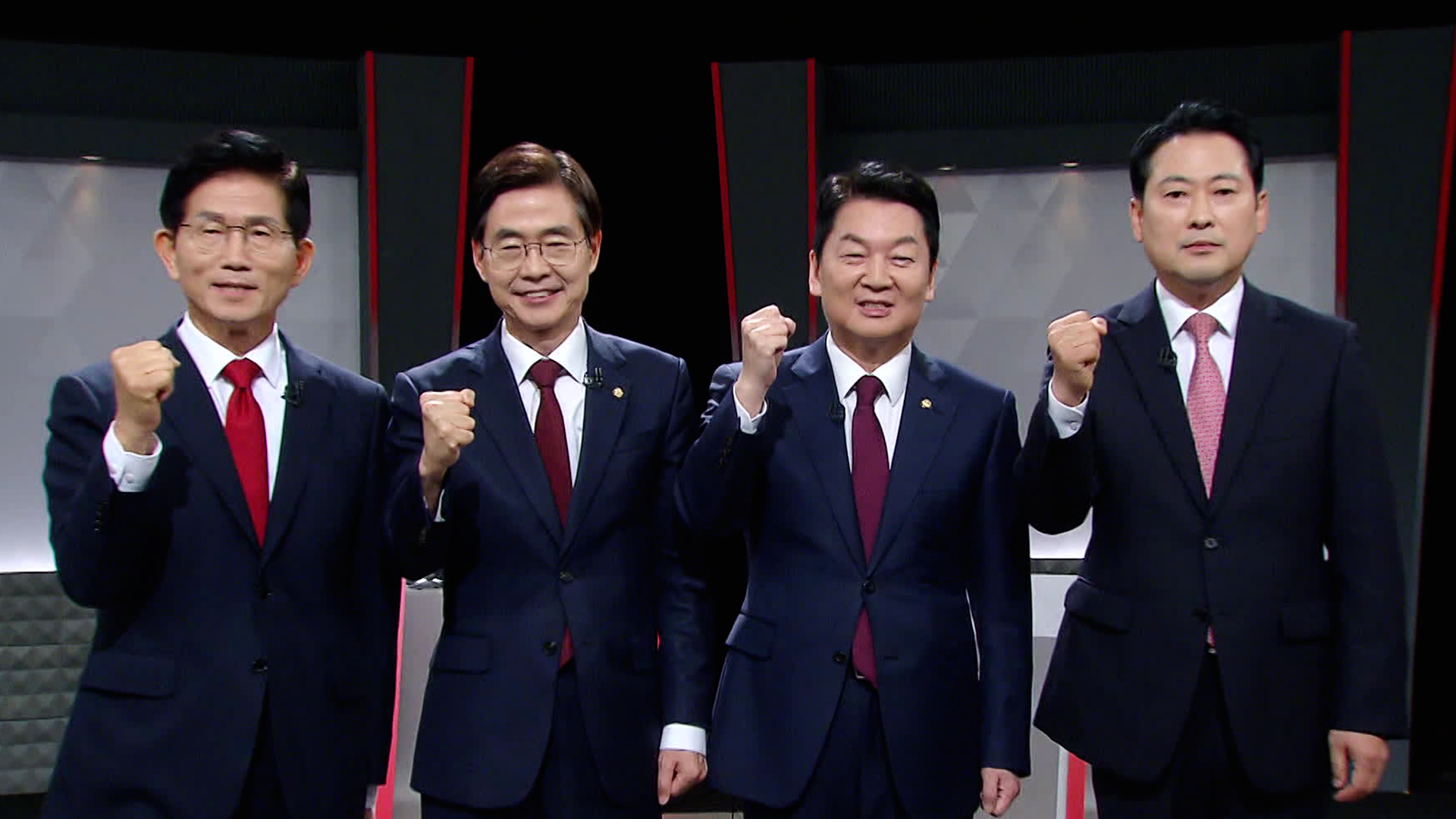
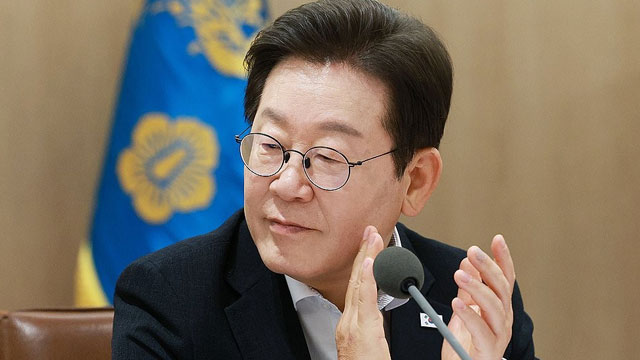
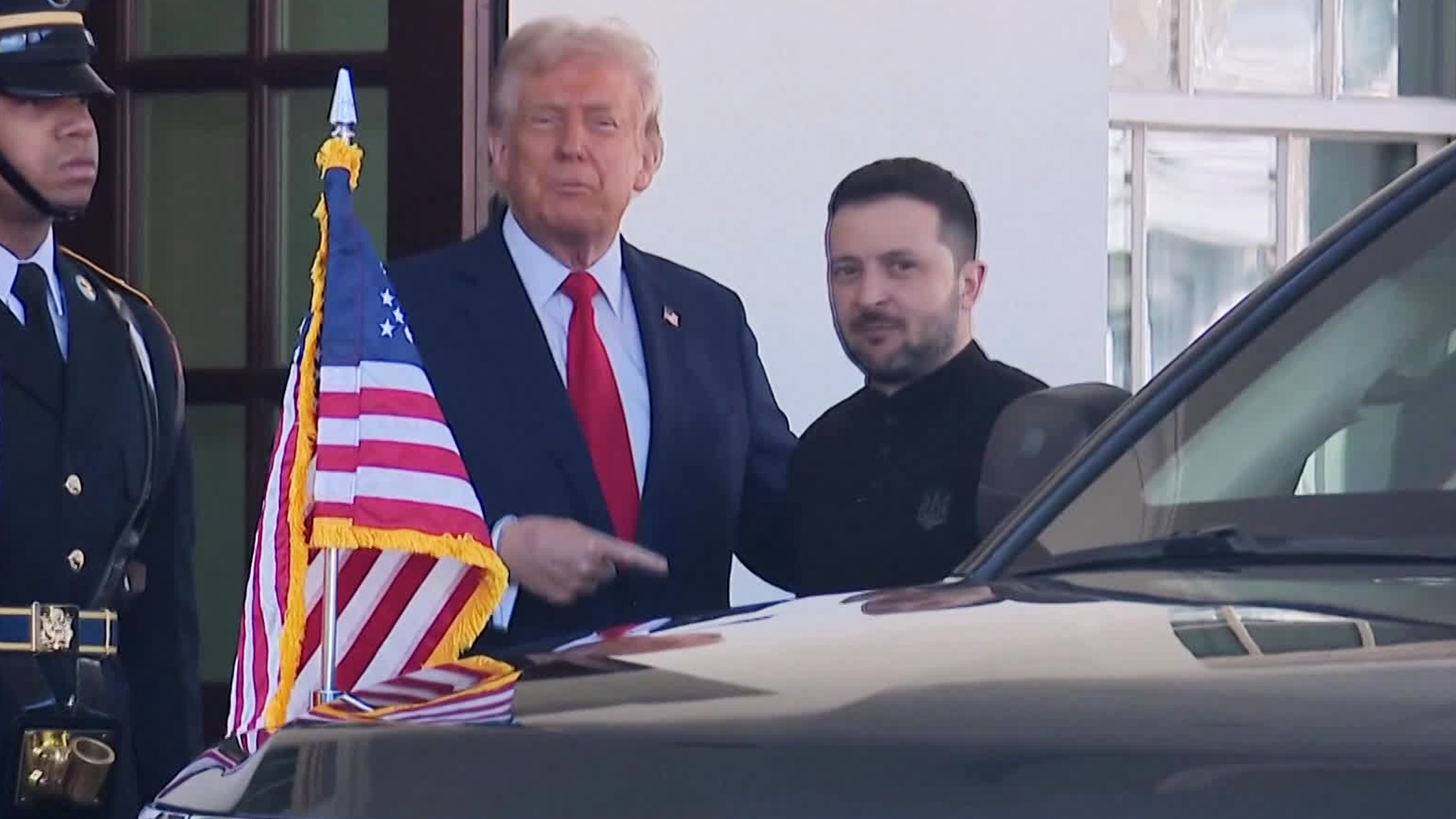

이 기사에 대한 의견을 남겨주세요.